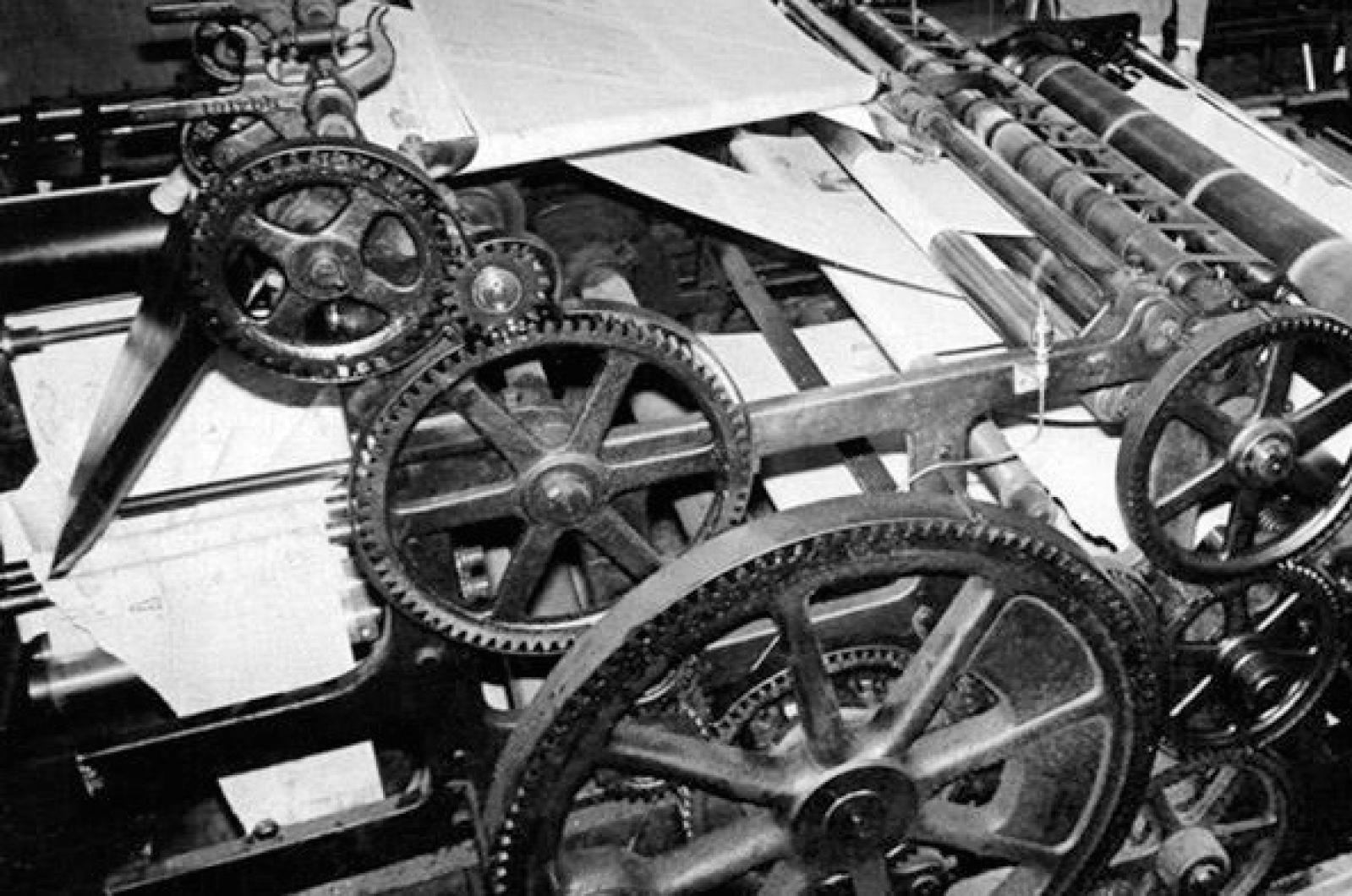Journalists have never been popular. It is a profession, after all, that has as its foremost aim bringing information to light. Very often, there is someone who would prefer to see that information buried or delivered with a different spin. An embarrassing drunken driving arrest. An unfavorable outcome in a lawsuit. An action, sometimes well intentioned, that encounters public opposition.
News reporting is also, by definition, done quickly, and any effort in which speed is involved carries greater risk of error. Of the many dubious contributions of technology to journalism there is now at least the opportunity for these to be spotted and corrected sooner.
Facts are a great comfort to journalists, who more often are operating in the gray areas of newsworthiness, tone and balance. The latter are inherently subjective, though good journalists are constantly weighing and refining their choice of words, quotes and images in pursuit of impossible goals of truth and fairness.
But facts! Hard, immutable, provable facts. These are the bedrock of democracy, and when these are challenged, it is no longer just journalism that is under attack. So it was this week when a spokesman for the new administration in Washington cited “alternative facts” to dispute the true, widely reported size of the crowd that attended President Trump’s inauguration.
If there is any upside to the incident it is in the reminder that there is a line — and it is not a fine one — between healthy skepticism of news reporting and a denial of basic facts.
Trust in the news media, always an up-and-down affair, has been in a trough for some time now, and much of the blames falls to those of us in print and broadcast news for failures great and small. The internet and social media have at once democratized and complicated the landscape, spreading both truth and fiction and making it more difficult to tell them apart. No doubt it now takes more effort than it once did to judge the credibility of news sources, but it has never been more important.
There is still a need in our democracy for a free press, flawed, ungainly, uncontrollable as it may be, to act as a check and balance on other institutions and to bring to light information that in any particular instance some will find uncomfortable.
Go ahead and criticize the media; we’re accustomed to it. But please also stand up for the First Amendment. The alternative is too awful to consider.




Comments (11)
Comments
Comment policy »